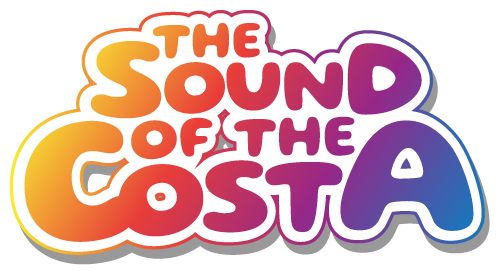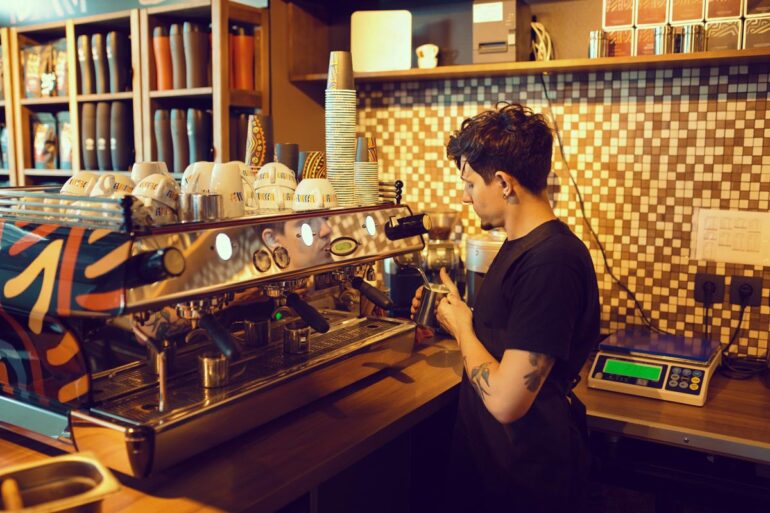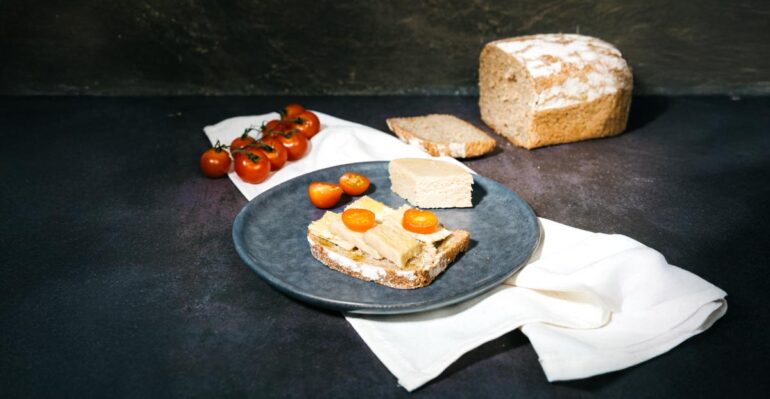Listeners:
Top listeners:
00:00
00:00
volume_up
chevron_left
-
 play_arrow
play_arrow
Costa Blanca Radio The Sound Of The Costa
-
 play_arrow
play_arrow
FeelGood Radio The Sound Of The Costa
music_note
This guest article by Juan Martínez Barberá tells the story of Aliats – a project that shows how sustainable wine and bats work hand in wing to create a new balance between nature and viticulture.
In October, evening falls early over Fontanars dels Alforins, an hour inland from the Costa Blanca. The region – often called the Valencian Tuscany – is known for its rolling hills and vineyards. Above the rows of Casa Corones, the first bats trace their paths through the twilight. Not a Halloween symbol, but partners in the field: silent, precise allies in a form of winemaking that treats nature not as a slogan, but as a starting point. (Eva previously wrote about this region on this website.)
The cellar before nightfall
Step inside the old house of Casa Corones in Fontanars dels Alforins, and the air holds a gentle calm — the kind of silence that makes details come alive: the grain of a barrel stave, the scent of crushed herbs on the winemaker’s sleeve, the soft echo of footsteps on stone. Outside, the last light casts long shadows over cover crops and low stone walls. This is where the story begins — not in a lab or a spreadsheet, but in a landscape that finds its own balance, if you let it.
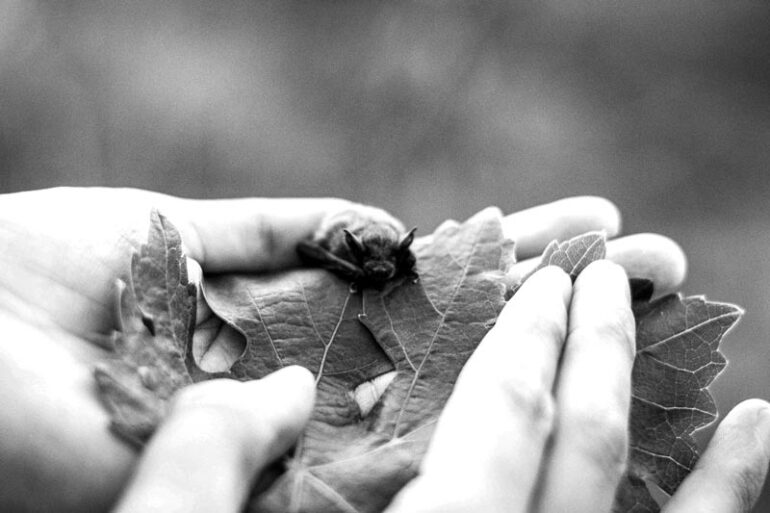 How bats became allies
How bats became allies
Years ago, as Casa Corones was shaping its vision, one simple question kept returning: how can we protect the vineyard with nature, instead of against it? The answer grew into a project that feels entirely natural once you see it — bat conservation as a cornerstone of vineyard health.
The team designed and installed nesting boxes in strategic spots, mapped out flight corridors, and began monitoring colonies with the same care they give to pruning or fermentation. The goal wasn’t to use the wild, but to invite it back — to restore a mosaic where vines, hedgerows, insects, soil life, and the night sky work together instead of competing for the stage.
Why bats?
Bats do what humans can’t: they work the night shift with silent precision. They hunt exactly when grape pests are most active — including the moths that damage clusters in Mediterranean vineyards. Instead of increasing chemical treatments, Casa Corones chose to scale back, trusting the natural balance between predator and prey.
As evening falls, that logic becomes visible. The first bat darts past, then another. Above the rows, they trace an invisible choreography across the sky. By morning, the vineyard is protected — without anyone having lifted a sprayer.
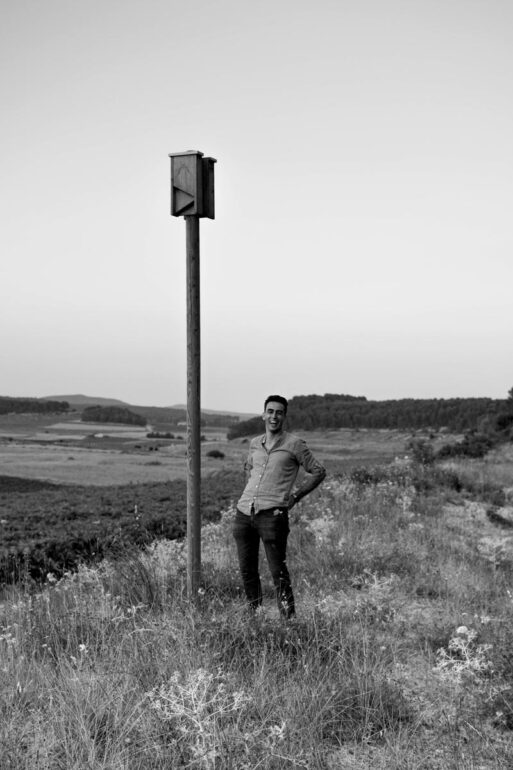 From practice to philosophy
From practice to philosophy
At Casa Corones, this isn’t a side project — it’s the way of working. The same ethos that shapes the canopy — letting the leaves shade the grapes naturally instead of chasing sugar through late harvests — also guides the conservation plan. Less noise, more listening. Less input, more ecosystem services. Healthier soils that hold water when summer bites. A vineyard that can be a better vineyard because it is also a home.
That word — home — matters. The team speaks about bats with the kind of respect you reserve for colleagues who solve problems you can’t. They check the boxes after storms, track seasonal movements, and explain the project to visitors who arrive with pockets full of myths and leave with a different view.
A story on a label: Aliats
Some stories deserve a label. Aliats — “allies” — lets the wine carry the idea beyond the vineyard’s borders. No gimmick, no themed cuvée, but a promise in glass: whoever opens Aliats begins a conversation between vine and sky, between grower and the silent guardians above.
Aliats Blanco celebrates Mediterranean brightness — citrus and blossom, a hint of fennel, and a saline thread that draws you back to the glass. Aliats Tinto moves with dark fruit and gentle spice — a red wine that loves both a table and a story. Both are shaped by the same patient principle: let the place speak, and protect the chorus that makes it sing.
October, reclaimed
Halloween loves a silhouette. But Casa Corones uses October to redefine the bat — not as a prop of superstition, but as a symbol of restored balance. The message travels well along the Costas: sustainability isn’t a seasonal costume; it’s a craft. Every day, you choose farming that follows rhythms already in motion.
That’s why the gates open to the curious. Evening walks turn into ecology lessons. A hand points to boxes hanging in the pines, to hedgerows buzzing at noon, to soils that smell alive after rain. Myths unravel. Children gaze at the sky and forget to blink. You can feel the space change when people realize that “organic” isn’t a label you print — it’s a relationship you maintain.
The people behind the practice
Behind every project beats a human heart. A vineyard worker who remembers the first season the boxes went up. A cellar hand who jokes that the best assistants clock in at dusk. The viticulturist who can talk for an hour about the poetry of cover crops — and then show the spreadsheet to prove it.
Ask what success means, and you won’t hear a number about yield. You’ll hear about mornings after summer storms, when the boxes held firm. About a tour where a skeptic became an advocate. About the first time a guest used the word ally without hesitation.
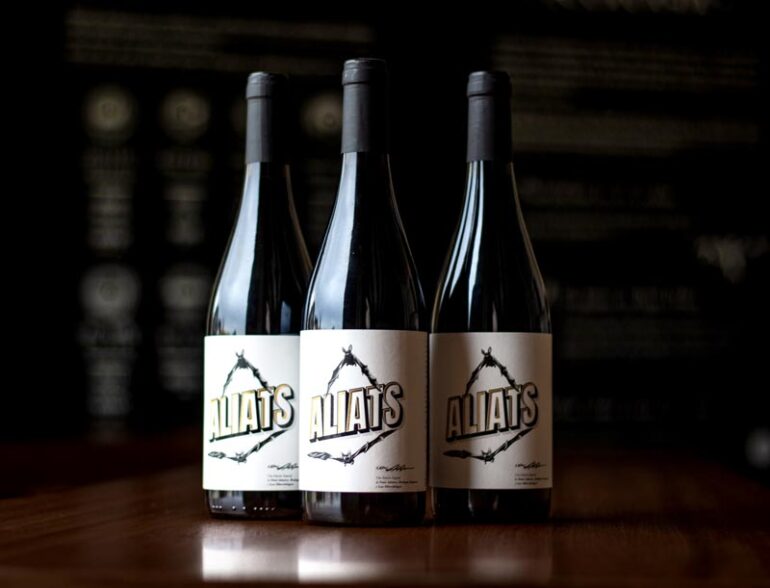 What changes in the glass
What changes in the glass
For those craving a tasting note: focus. Wines from healthy systems move with purpose; the finish is clear, nothing shouts, the wine remembers where it comes from. You sense it more as texture than flavor — a calm that lets fruit, spice, and stone come together without competing.
That’s the paradox: the more the vineyard becomes a living community, the more distinct the wine tastes. Not a generic “Mediterranean style,” but this valley, this terrace, this conversation between day and night.
A model for the Costas
The message carries on. Along the Costa Blanca and the Costa del Sol, winemakers face the same dual challenge: a changing climate and the expectations of the market.
The promise of Aliats
Aliats began as a name for a partnership. It has become a commitment. With each new release,
And within that lies the quiet revolution. Sustainability is no longer a claim to defend, but a community to belong to — bats included.
The silence returns
As the last visitors leave and the night lays its cool hand over the vineyard, the house exhales. In the cellar, a fermentation murmurs softly. Outside, the first bat arcs neatly over the rows and disappears into the dark — like a sentence finally finding its verb. Somewhere in that motion lies the future Casa Corones is building: wine that remembers it belongs to a living place.
Raise your glass to the night. And as you taste Aliats, listen for the rustle.
About the author:
Juan Martínez Barberá is an agricultural engineer from the Universitat Politècnica de València and holds a master’s degree in Oenology. As a researcher in biological pest control, he focuses on agroecological techniques in viticulture and on vineyard adaptation to climate change. As project lead of ALIATS (“Aliats,” meaning allies in Valencian), he promotes nature-based solutions that enhance the vineyard’s resilience and sustainability.
Written by: Redactie
aliats bats costa blanca gusto organic viticulture sustainability sustainable wine wine wine month
Rate it
Similar posts
Search
Latest news

The quiet weeks of January: what remains when nothing is required
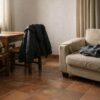
Why your house in Spain feels so cold in January (and how people deal with it)

After Three Kings’ Day: how your body responds once the holidays are over
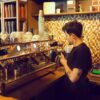
Why coffee at the bar works better than at home in January

2026: after the seventh grape
-
Recent Posts
- The quiet weeks of January: what remains when nothing is required
- Why your house in Spain feels so cold in January (and how people deal with it)
- After Three Kings’ Day: how your body responds once the holidays are over
- Why coffee at the bar works better than at home in January
- 2026: after the seventh grape
© 2025 The Sound Of The Costa; All Rights Reserved
